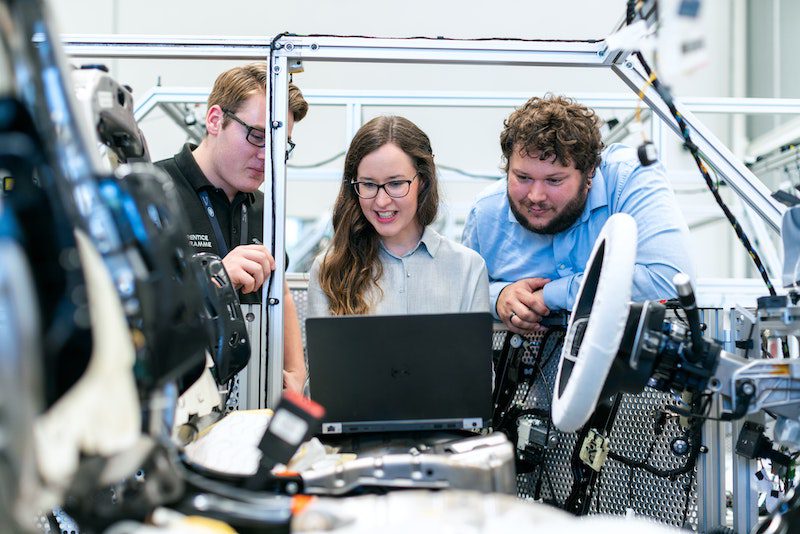Automotive engineers work as part of a team responsible for vehicle design, development, manufacture and testing.
What does an automotive engineer do?
Automotive engineers are involved in the design, manufacture, distribution, marketing, sales and after-sales care of cars (including racing cars), motorbikes and other commercial vehicles. Engineers will work on the aesthetics and technical performance of these vehicles and, increasingly, the electronics and software involved with modern vehicles.
Responsibilities of the job typically include:
- assessing project requirements
- agreeing and negotiating project budgets, timescales and specifications with clients and managers
- developing and implementing test procedures
- building prototypes of components to carry out tests on
- organising and carrying out tests, eg to check whether engines will work in different conditions, such as high temperatures
- interpreting and analysing results and data
- sourcing vehicle components and selecting the best materials to use
- providing technical advice and answering queries from clients
- using specialist computer modelling software to produce designs
- making improvements to vehicles in response to customer feedback
- investigating and solving problems, eg mechanical failures
- working closely with suppliers
- writing reports and documentation
- giving presentations
- undertaking relevant research
- supervising junior staff.
Typical employers of automotive engineers
While most automotive engineers are employed by vehicle manufacturers, other employers include:
- Tyre manufacturers
- Specialist vehicle design companies
- Research/test laboratories
- Motor sport teams
- Oil and fuel companies
- Suppliers
Qualification and training required
Graduates will need a degree in a relevant subject such as automotive, mechanical or electrical engineering, production and manufacturing engineering, engineering design or physics.
Entry into the profession is also possible through an apprenticeship. Vehicle technician apprenticeships are available at intermediate or advanced level, and you can choose to specialize in light or heavy vehicles. Some advanced and higher apprenticeships in automotive engineering are available at larger automotive companies.
Key skills for automotive engineers
To become an automotive engineer, you will need:
- effective technical and problem-solving skills
- commercial awareness
- good attention to detail
- creativity
- interpersonal and communication skills
- presentation skills
- the ability to work as part of a team
Recommended IBDP subjects needed to apply to university to study automotive engineering:
Math HL and Physics HL


